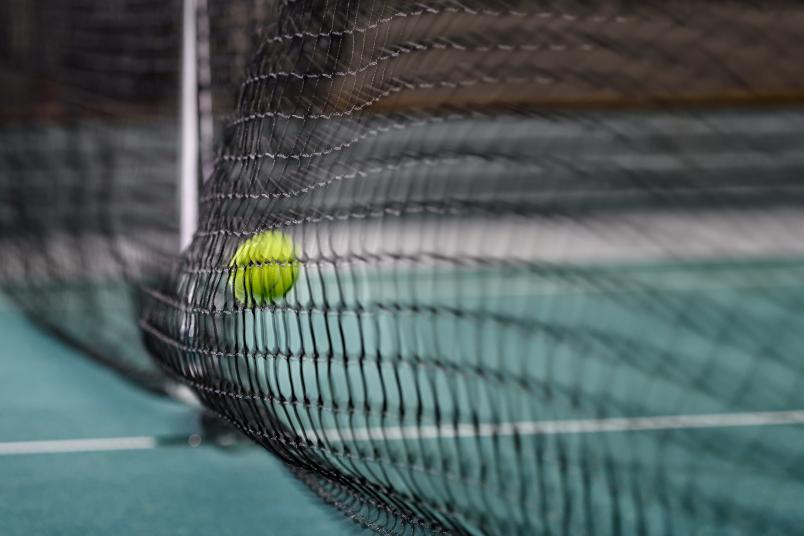
Sport Science
When Pros Choke under Pressure
When the stakes are high, many athletes find that their mind is playing a trick on them. Still, not all of them do.
Professional athletes often lose their nerves when the pressure gets too high. This phenomenon – known as choking under pressure – is being researched by Professor Christoph Bühren from Ruhr University Bochum, Germany. He and his colleagues conducted several studies to analyze which performance parameters suffer under pressure and which do not. The researchers also showed that male athletes are less able to deliver their maximum performance under pressure than female athletes. Rubin, the science magazine of Ruhr University Bochum, reports on the findings from soccer and skiing.
Home advantage or home disadvantage?
Using data from the first Bundesliga, Christoph Bühren – employed at the Clausthal University of Technology at the time – and his colleague Dominic Jung investigated whether the home crowd tends to inspire or paralyze teams. To this end, they compared the statistics of ghost games during the coronavirus pandemic to the same games played with spectators.
“There was no doubt about a home advantage for matches where fans were present,” says Christoph Bühren. “The home teams performed better in front of a supportive crowd than during ghost games.” However, the researchers also looked at individual performance measures. Some improved in front of an audience, such as overall running performance or the number of sprints. By contrast, the precision of passes and shots on goal, for example, suffered when fans were in the arena. “When spectators are in the stadium, the home teams fight more ferociously, and that seems to have a significant impact on the outcome of the games,” as Christoph Bühren sums up the findings. “But skill suffers under pressure.”
Supposed advantage becomes a disadvantage for male skiers
In another study, Bühren looked at skiing with colleagues from Norway and Switzerland, namely Alex Krumer and Martin Gschwend. The researchers studied data collected in the slalom, giant slalom and super-G of 1,039 women and 1,274 men from 19 seasons. “In these three disciplines, one of the coaches sets the course,” explains Christoph Bühren. “They can set the gates in a way that suits their athlete’s preferences and give instructions accordingly.” One outcome was observed only in the slalom, but not in the giant slalom or super-G – and only in the second, decisive run.
“The slalom is the discipline that requires the highest level of technique,” explains Christoph Bühren. Women perform significantly better in the second run of the slalom if their own coach has set the course. In other words, they exploit the advantage. Men, on the other hand, fail more often under the same conditions; they are eliminated more often in the second slalom run. “This gender effect doesn’t occur in all studies,” points out Christoph Bühren. “But we did find evidence of it three times in our studies.”
The Bochum-based researcher and his colleagues have already demonstrated the choking-under-pressure phenomenon in various disciplines, including soccer, skiing and tennis. The opposite effect occurred in only one of their studies. To find out which sport was the exception and to learn more about performance under pressure, visit the article in our science magazine Rubin.